15 Best Alcohol and Drug Rehabs in Ogden, UT 2025
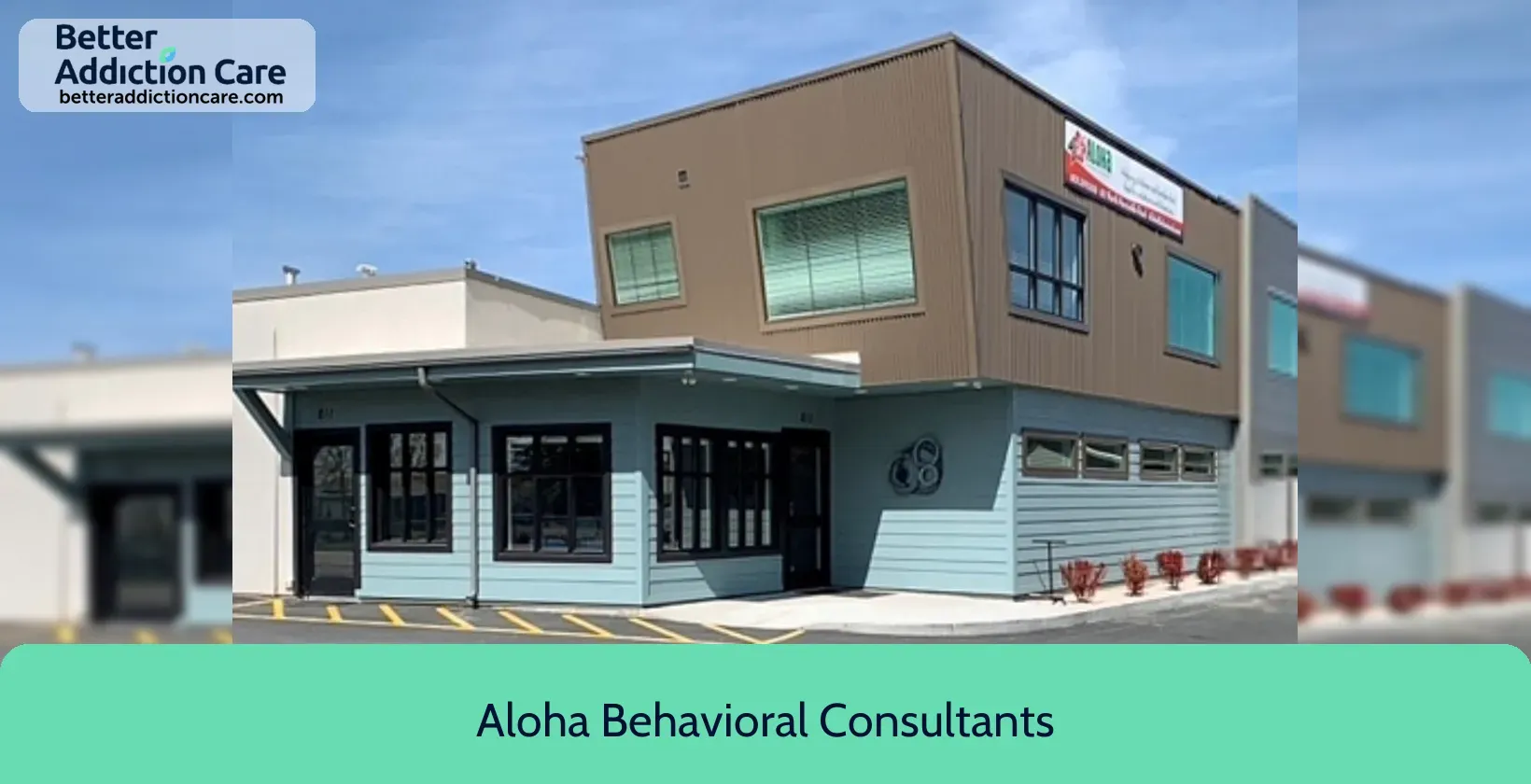
7.88
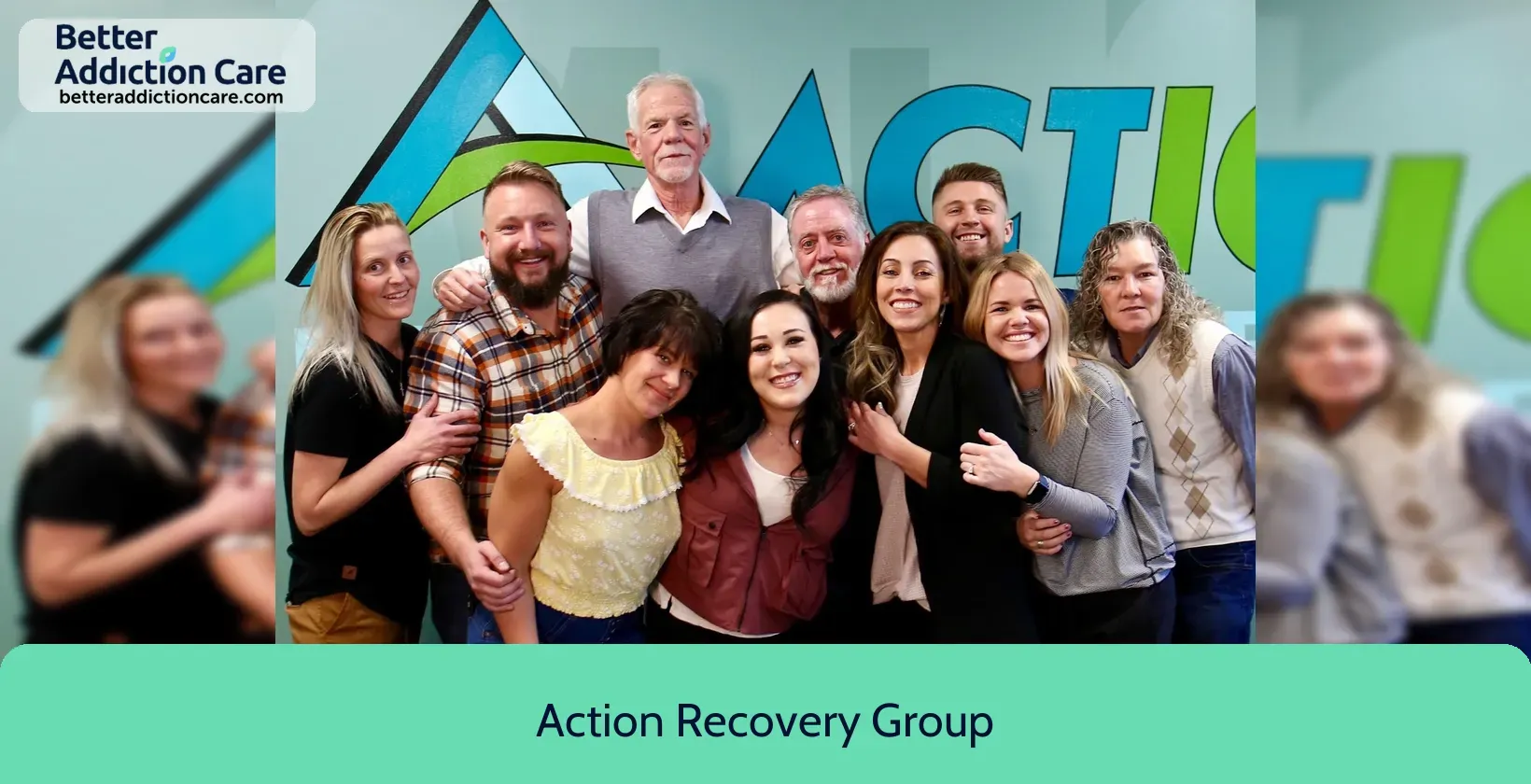
7.18

7.35
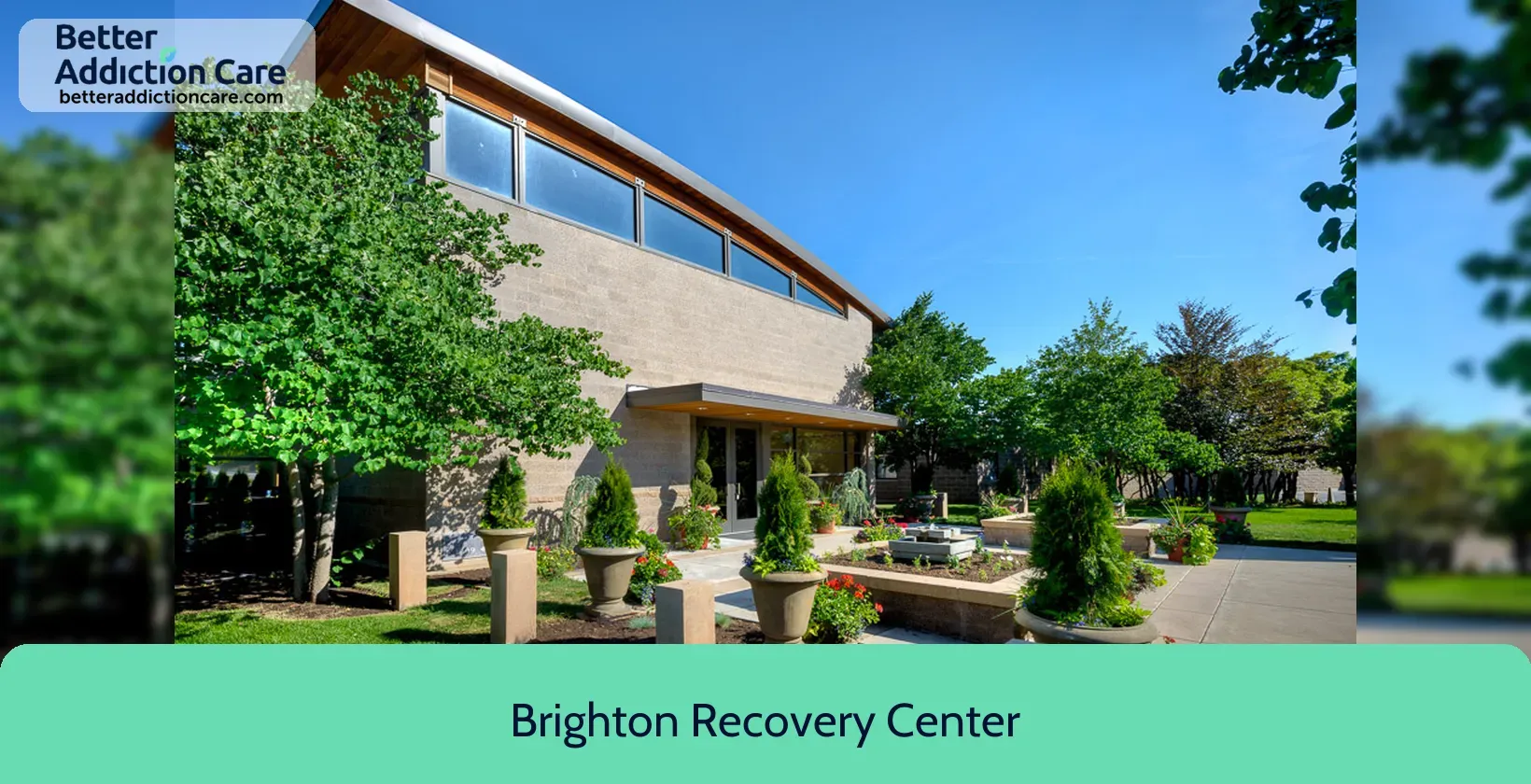
7.55
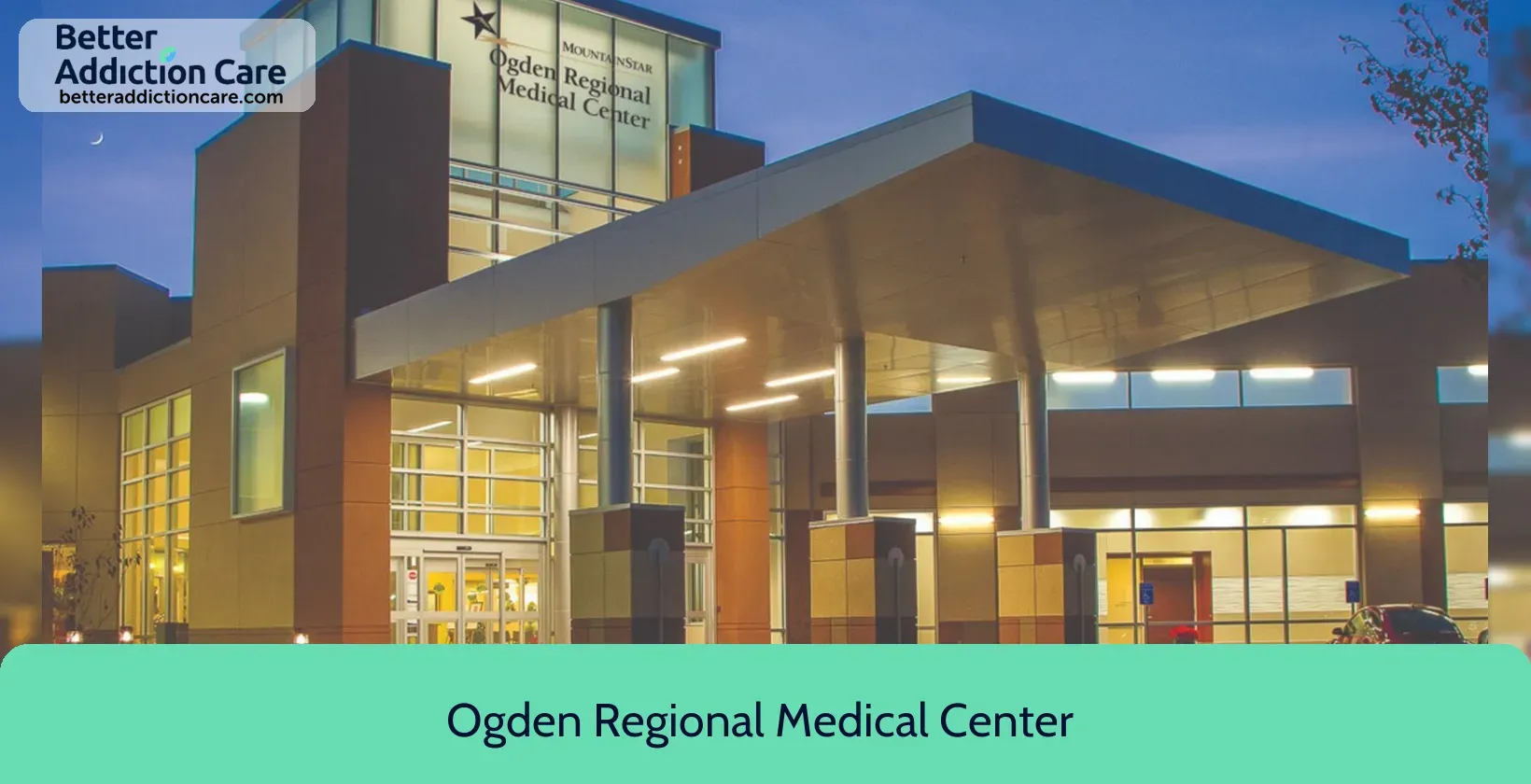
7.42
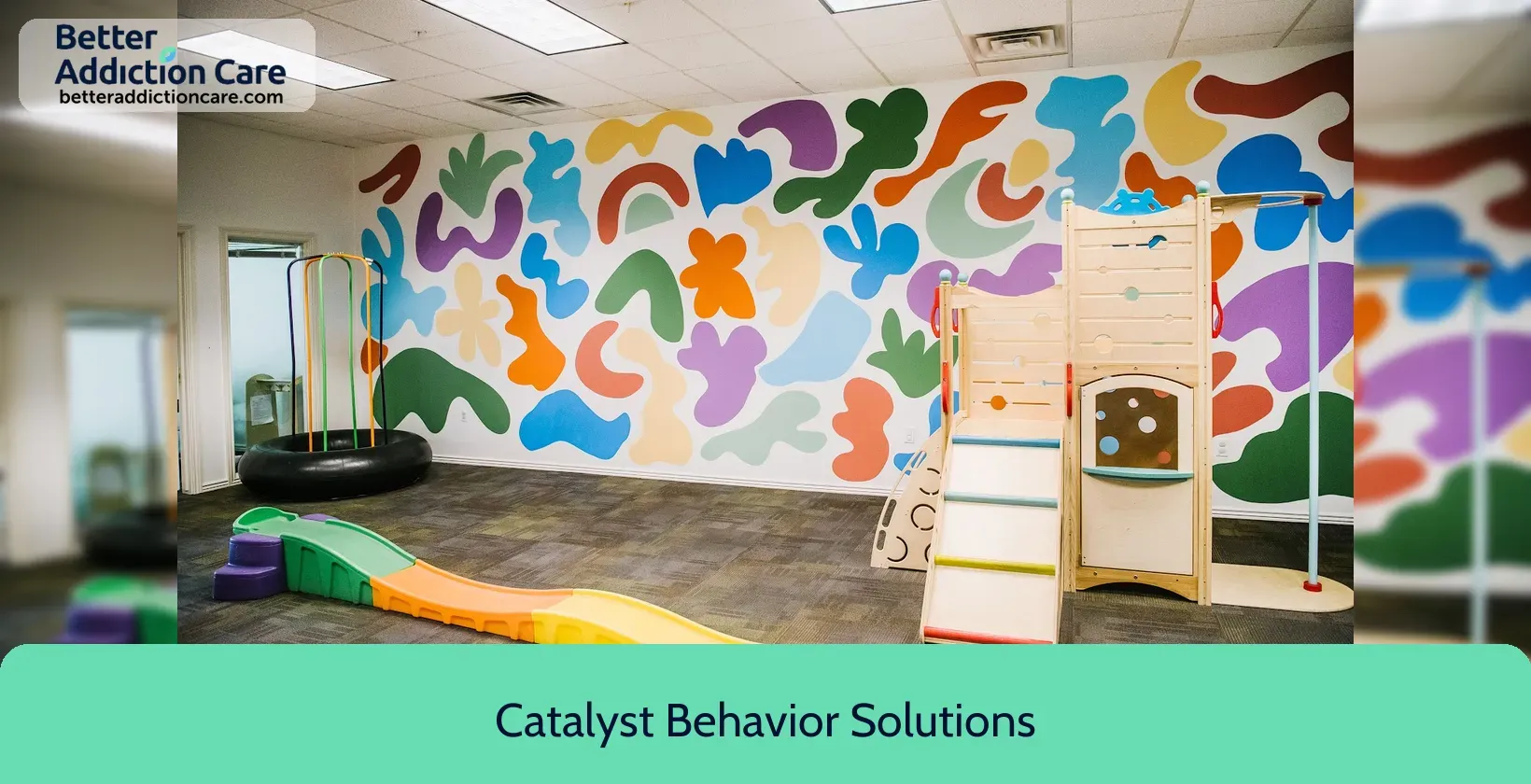
6.62
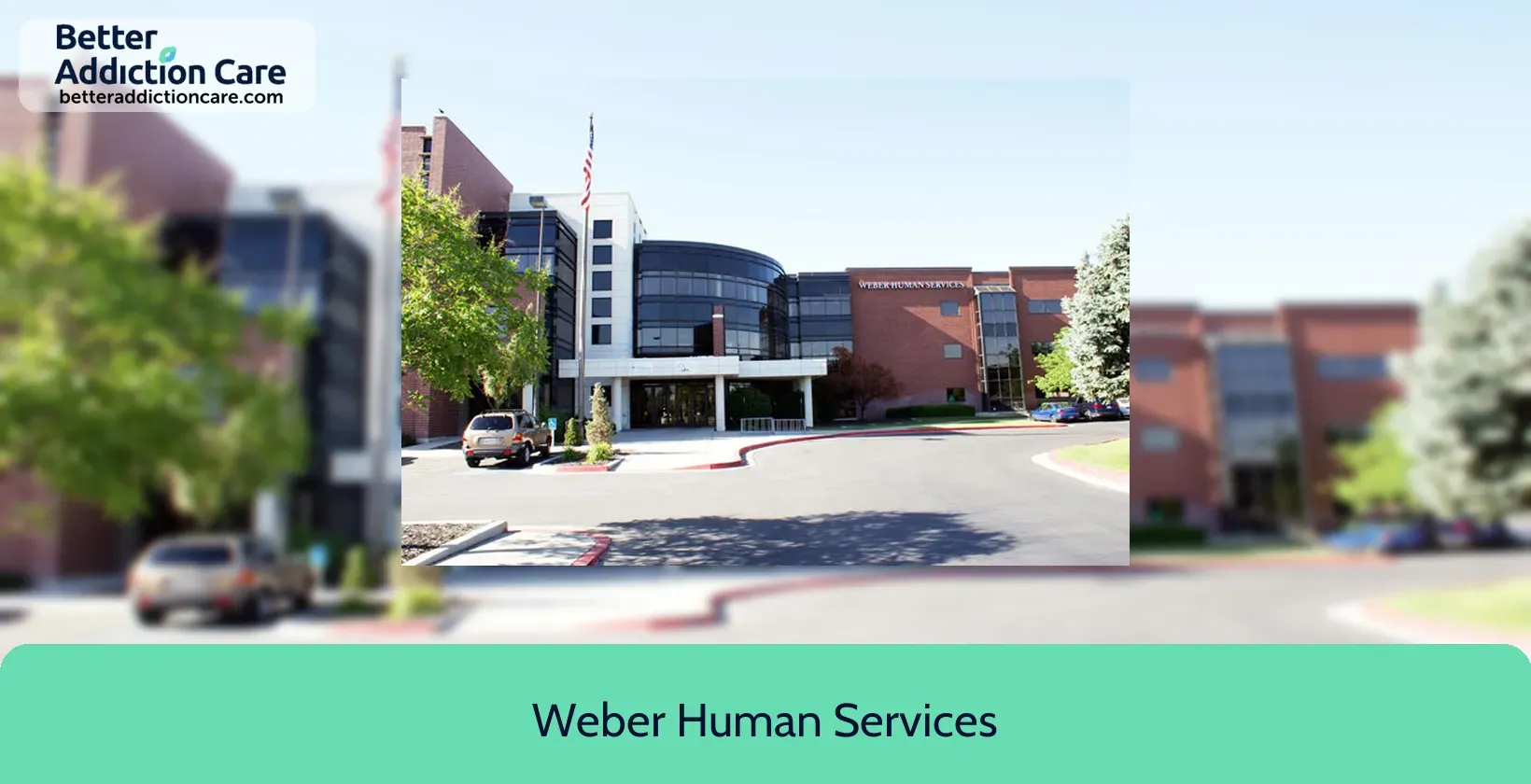
7.54
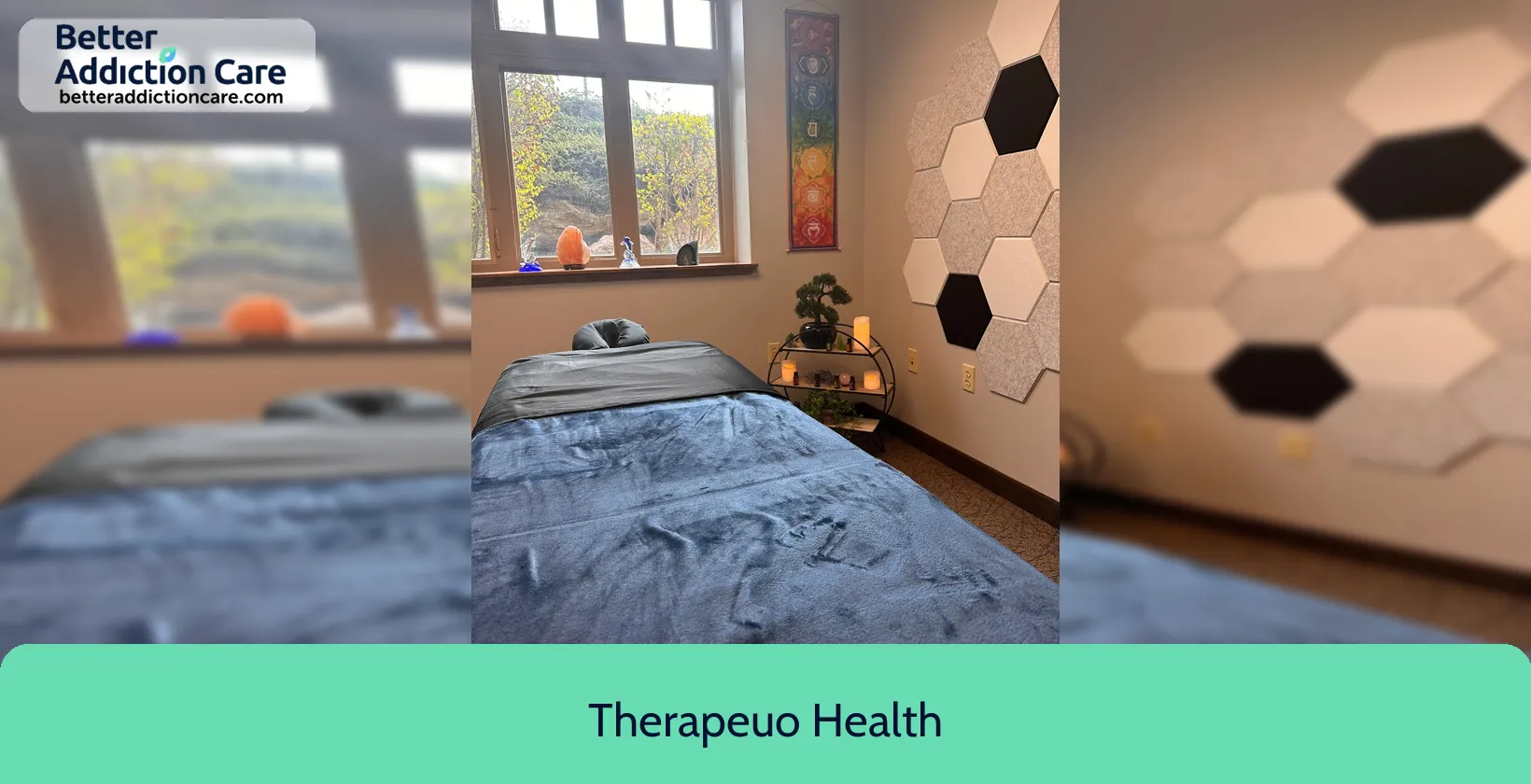
6.96
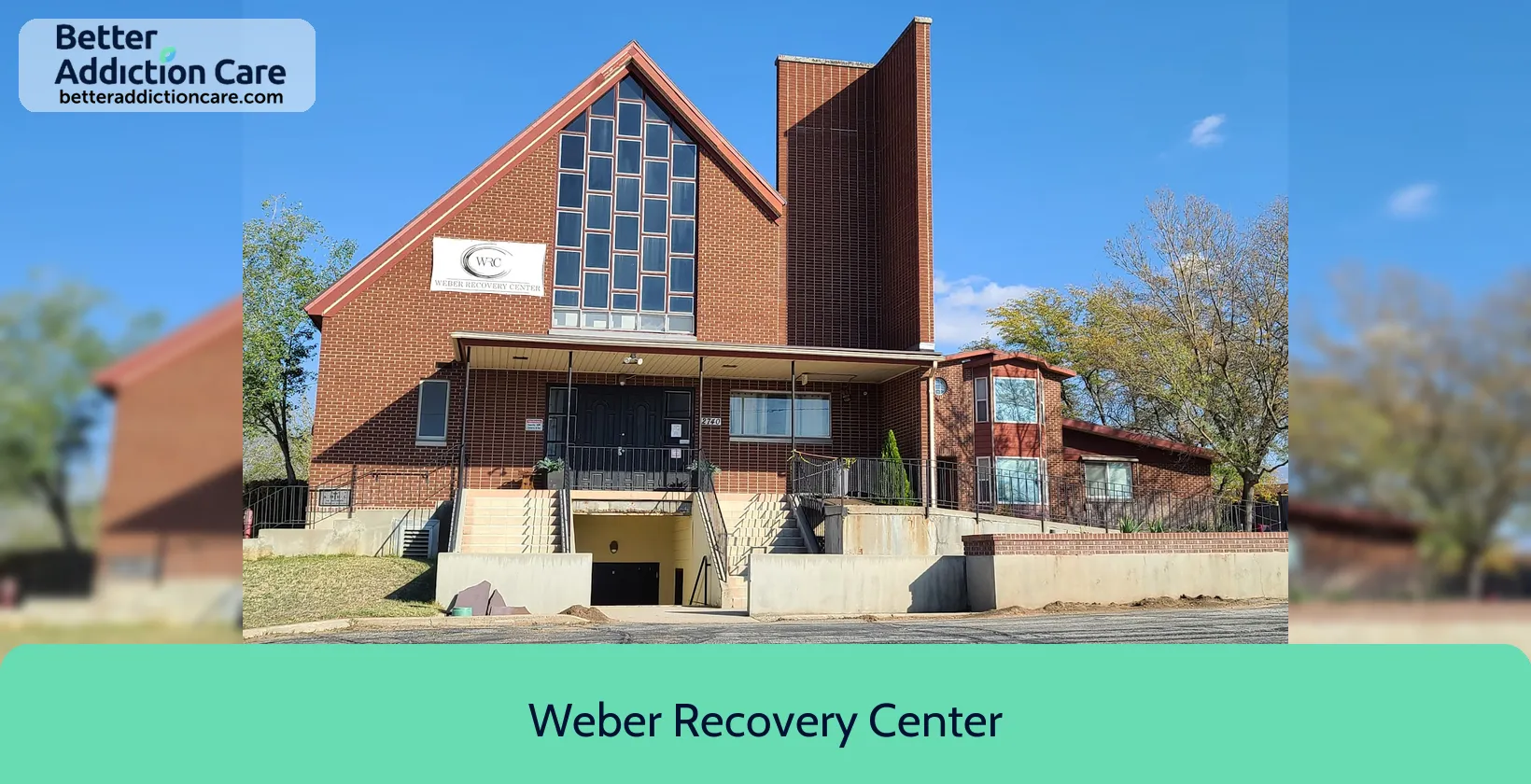
7.68

7.13

6.68

6.56

7.05

6.83

6.68
Local Rehabs in Utah
Common Questions About Rehab in Ogden
Take a look at our FAQ. We've tried to fill it with all the answers you're looking for. And if not, contact us on (888) 349-0436.


